-
All products are added to your cart.
FAQ: kbeauty
Q: What is K-Beauty and Why is K-Beauty so popular?
A: K-Beauty is short for Korean Beauty. For a couple of years already, the Korean wave has hit countries outside Asia. Korean cosmetcs are well known for their cute packaging, high quality and innovative ingredients, effective results and excellent price and quality value. The reason behind all of this innovation is the highly competitive cosmetcs market in Korea. The market's high demand for quality cosmetics combined with so many competitors results into every brand trying to be the best.
Q: What makes Korean skincare so different?
A: Korean skincare focusses more on attaining and keeping your skin healthy instead of covering it up with makeup. The beauty industry in South-Korea in extremely competitive which results in many innovative and affordable brands / product that are of high quality.
Q: What is the main focus of Korean skincare?
A: Personal routines, hydration, an even skin tone and protection against aging of the skin by the harmful effects of the sun and the stressful busy (urban) life.
Q: Is the Korean skincare routine suitable for my non Korean/Asian skin?
A: Yes, the Korean skincare routine is suitable for everyone! Work your way up to a personal skincare routine and use products that are suitable for your skin type.
Q: How long do I need to try a new routine/product before I know it works?
A: Whenever you try a new routine or product, always give it a trial period of at least a month. Every 28 days your skin renews itself (the entire process of cell production and renewal usually takes about 28 days). Use this trial period to find out if your new adaptations do anything for you. If it does, try using it for another 2 or 3 month to really find out if a routine or product works for you.
Q: Is natural always better than synthetic?
A: The answer is no, we often think the more natural the better, but surprisingly it is not (poisenous plants for example). Also everything synthetic is not always bad for us, many synthetic ingredients are made to increase the shelf life of a product and some of them are actually a better substitutes than natural ones. Many of these are often used in products for sensitive / acne-prone skin types. Always try out what works and what does not work for you and always be warned that both natural and synthetic can be both good or bad.
Q: Can I mix up different brands?
A: Yes you can, if a specific product (e.g. a face cream) from a certain brand works wonders for you, by all means use it. This however, does not necessarily mean the rest of the product line will work just as effective. So mix things up and find out which product combinations from different brands works best for your skin.
It is however recommended to reach certain results, such as whitening/brightening, to stick with the same brand or product line in order to avoid conflict in ingredients or missing the point of synergy. It all comes down to patience, testing and trying out what works best for your skin.
Q: Production or expiration date?
A: We are used to seeing expiration dates on products, however in Korea products are often provided with both a production and an expiration date. There is a good reason behind it, they simply want to show off how 'fresh' their products are. Which can be quite confusing for us in the West when they only use a production date ^o^".
Generally speaking, packages are provided with YEAR/MONTH/DAY followed by 제조 (jejo i.e. production date) or 까지 (kkaji i.e. expiration date) and lastly to which production batch it belongs.
Q: Why is it that within the same brand they sometimes use either the production date or the expiration date?
A: Sheet masks are always produced in batches and under different conditions. Different type of masks require different ingredients and conditions. By using either the production date or expiration date, emphasis is laid upon either freshness or longevity.
Q: When is it time to throw out a product?
A: As soon as you notice a product changing in color, smell or texture, it might be a good time to part with your product. Every product is provided with an expiration date when the product has not yet been opened. Once a product is opened the PAO ie. Period After Opening will kick in. Usually an opened bottle with the symbols 12M, 6M, 3M are used, which basically stand for 12 month, 6 months or 3 months preservable after opening.![]()
Q: Are these cruelty-free products?
A: 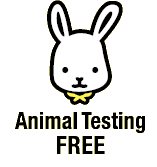 Up until now, most cosmetics brands in South Korea is already free of animal testings.
Up until now, most cosmetics brands in South Korea is already free of animal testings.
But in 2017 South Korea will go into the history as one of the first countries where animal testing for the cosmetics industry is prohibited.
Klairs, Etude House, and Innisfree are on the official list of (Korean Animal Rights Advocates) KARA as brands that do not test on animals.
In 2016 Benton received the Cruelty-Free certificate of PETA for not testing on animals.
The products we offer have been tested and approved by the European Union, and one of the requirements of the EU is that the products must not be tested on animals!
If you have any questions about this topic please contact us through: info[at]haruharubeauty.com.



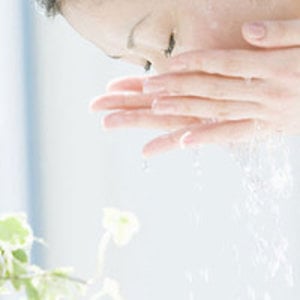



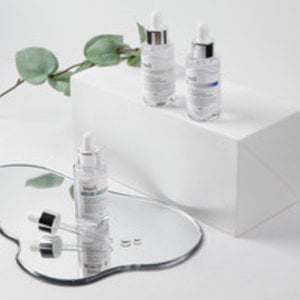

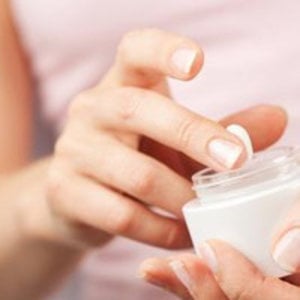

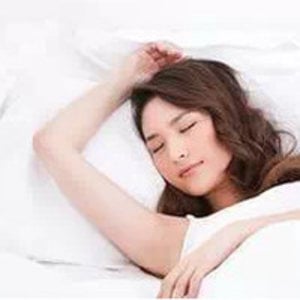

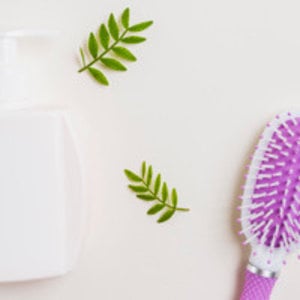


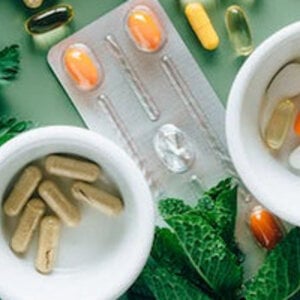

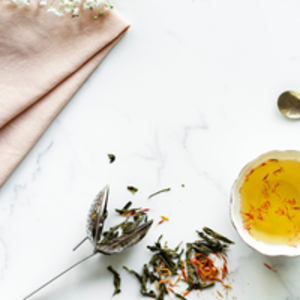
 Teenager
Teenager Student
Student Career (searching)
Career (searching) Party!
Party!
 On the plane
On the plane Travel friendly
Travel friendly Day trip
Day trip
 Postcards
Postcards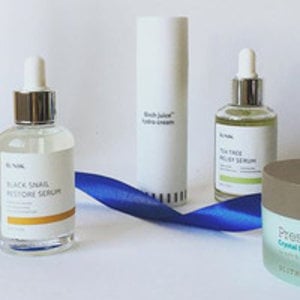 Beauty gifts
Beauty gifts <3 Gift Card
<3 Gift Card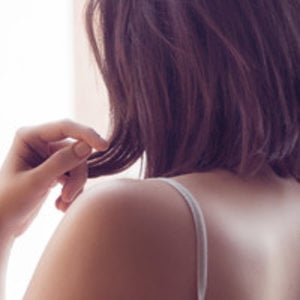
 7-Skin Method
7-Skin Method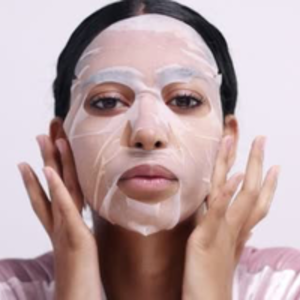 1 Day 1 Mask
1 Day 1 Mask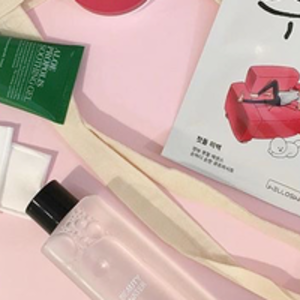 Best of K-beauty
Best of K-beauty Face Gym
Face Gym Glass skin
Glass skin
 Haru Haru Exclusives
Haru Haru Exclusives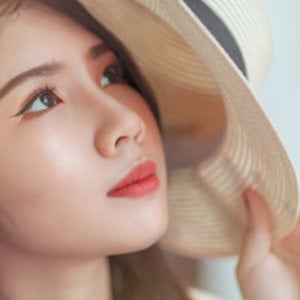 Fashion & Lifestyle
Fashion & Lifestyle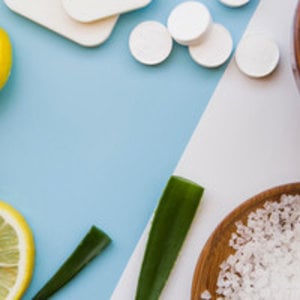

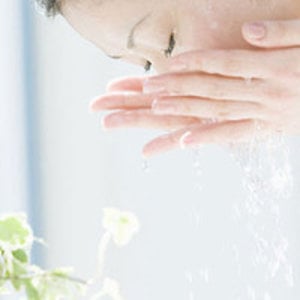 1. Cleansing
1. Cleansing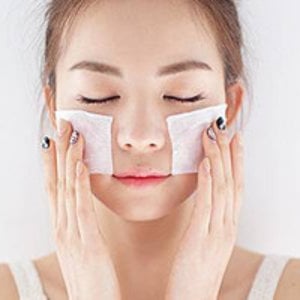 2. Toner
2. Toner 3. Eye cream
3. Eye cream 4. Treatment / Boost
4. Treatment / Boost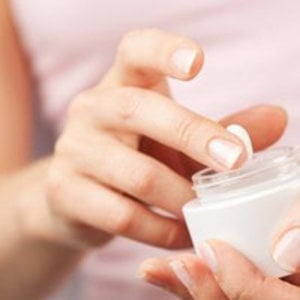 5. Moisturizer
5. Moisturizer 6. Sun protection
6. Sun protection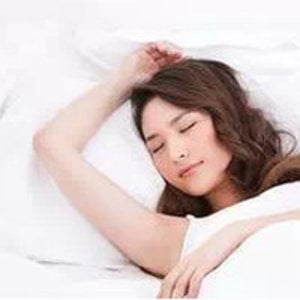 6. Night treatments
6. Night treatments
 Skin type - Normal
Skin type - Normal Skin type - Dry
Skin type - Dry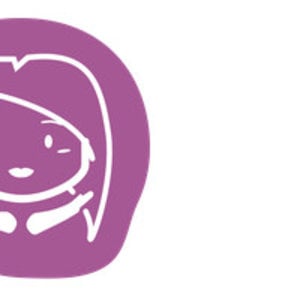 Skin type - Oily
Skin type - Oily Skin type - Combi
Skin type - Combi Skin type - Sensitive
Skin type - Sensitive Skin concern - Dehydrated
Skin concern - Dehydrated Skin concern - Pigmentation
Skin concern - Pigmentation Skin concern - Acne
Skin concern - Acne Skin concern - Wrinkles
Skin concern - Wrinkles
 How much should I use?
How much should I use? Applications and handlings
Applications and handlings Sequence and waiting times
Sequence and waiting times Mask guideline
Mask guideline Recycle & upcycle
Recycle & upcycle
 Natural vs. synthetic
Natural vs. synthetic Clean vs. dirty beauty
Clean vs. dirty beauty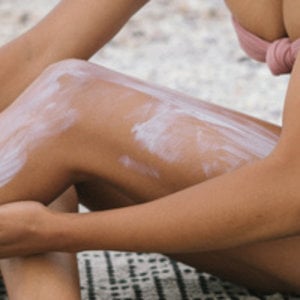 Mineral vs. chemical UV filter
Mineral vs. chemical UV filter Open and closed pores
Open and closed pores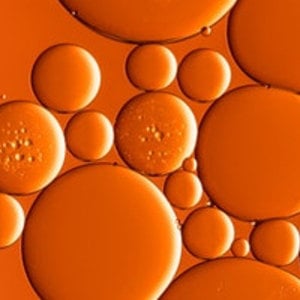 Oils are bad for oily skin types
Oils are bad for oily skin types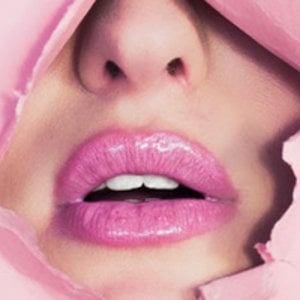 No makeup, no double cleansing
No makeup, no double cleansing No sun, no sunscreen
No sun, no sunscreen Scary acids
Scary acids Oily skin, no moisturizer
Oily skin, no moisturizer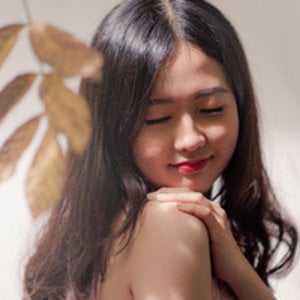
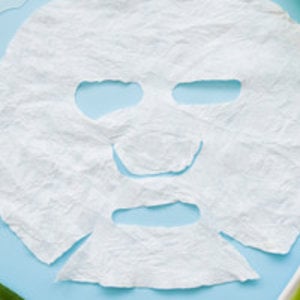 Sheet Masking Tips
Sheet Masking Tips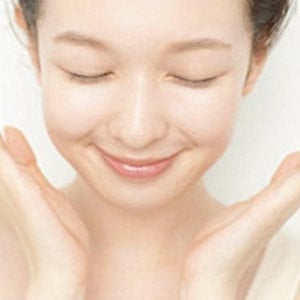 7 Skin Method
7 Skin Method
 Pigmentations & dullness
Pigmentations & dullness Wrinkles & lines
Wrinkles & lines Acne & pimples
Acne & pimples Enlarged pores
Enlarged pores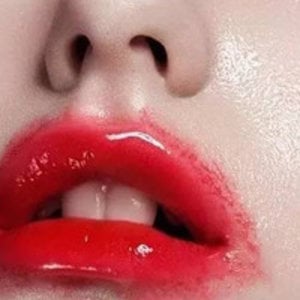 Oil control
Oil control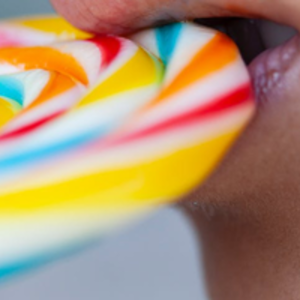 ⤷ Sebum production
⤷ Sebum production
 Ingredients
Ingredients Glossary
Glossary FAQ: kbeauty
FAQ: kbeauty FAQ: skincare
FAQ: skincare Workshops
Workshops
 Skintype quiz
Skintype quiz Routine quiz
Routine quiz Acne quiz
Acne quiz

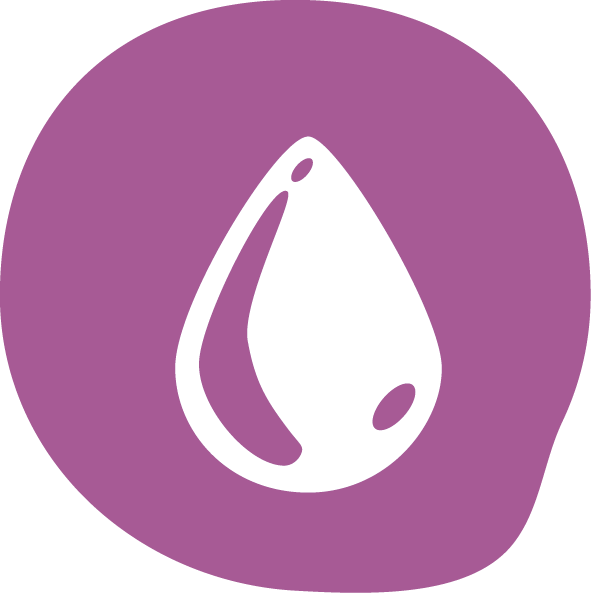
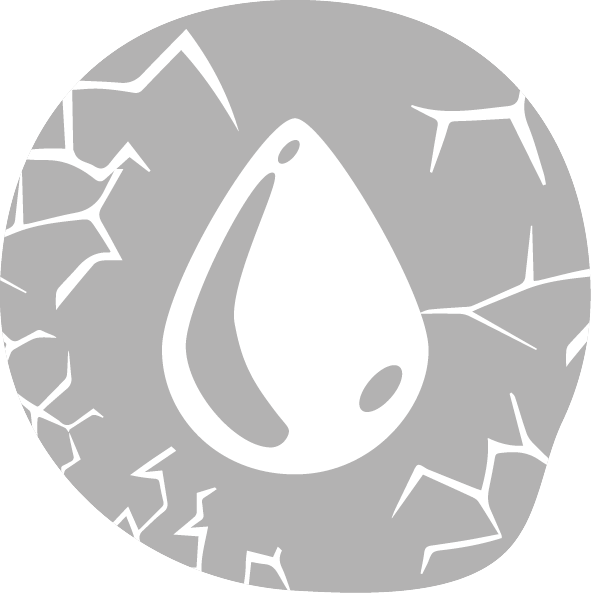

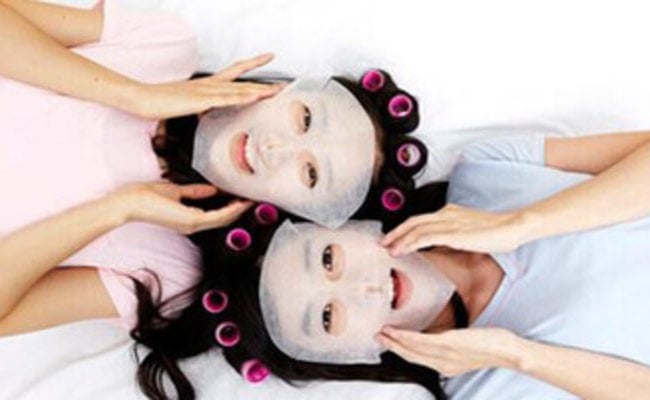
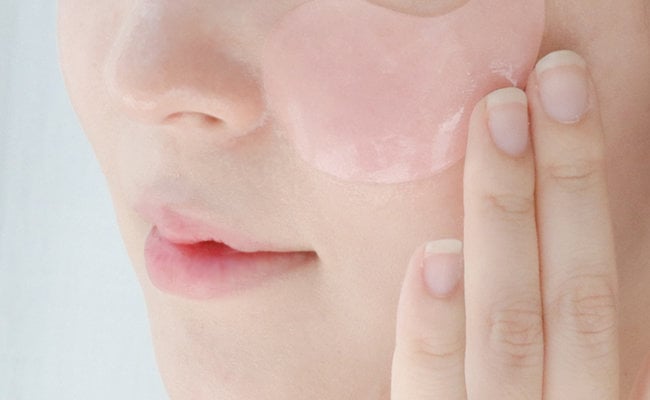
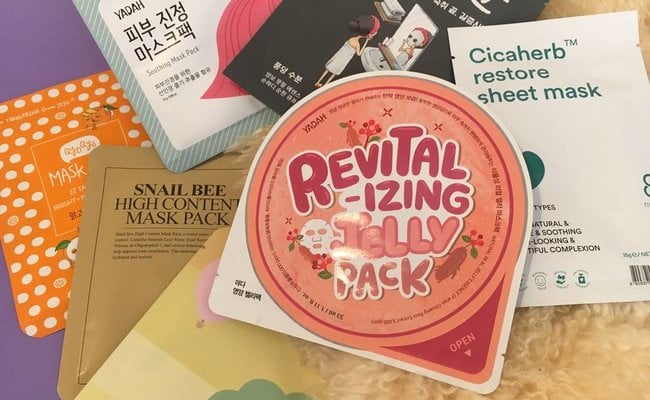




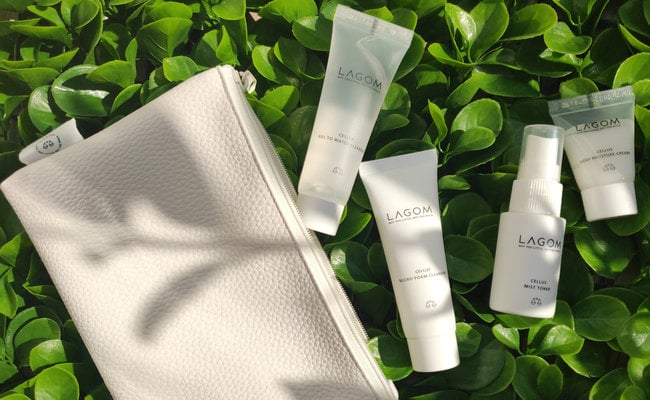





![10 Day Centella Eye Mask [Soothing]](https://cdn.webshopapp.com/shops/239114/files/429787112/100x100x1/image.jpg)



![[ PETITFEE ]
Beautifying Mood on Cleanser -100ml](https://cdn.webshopapp.com/shops/239114/files/406948442/400x450x1/petitfee-beautifying-mood-on-cleanser-100ml.jpg)
![[THANK YOU FARMER] Rice Pure Clay Mask to Foam Cleanser - 150ml](https://cdn.webshopapp.com/shops/239114/files/409487563/400x450x1/thank-you-farmer-rice-pure-clay-mask-to-foam-clean.jpg)
![[ YADAH ]
Be My Tint 01 Wannabe Pink - 4g](https://cdn.webshopapp.com/shops/239114/files/211817276/400x450x1/yadah-be-my-tint-01-wannabe-pink-4g.jpg)
![10 Day Centella Eye Mask [Soothing]](https://cdn.webshopapp.com/shops/239114/files/429787112/100x130x1/image.jpg)


